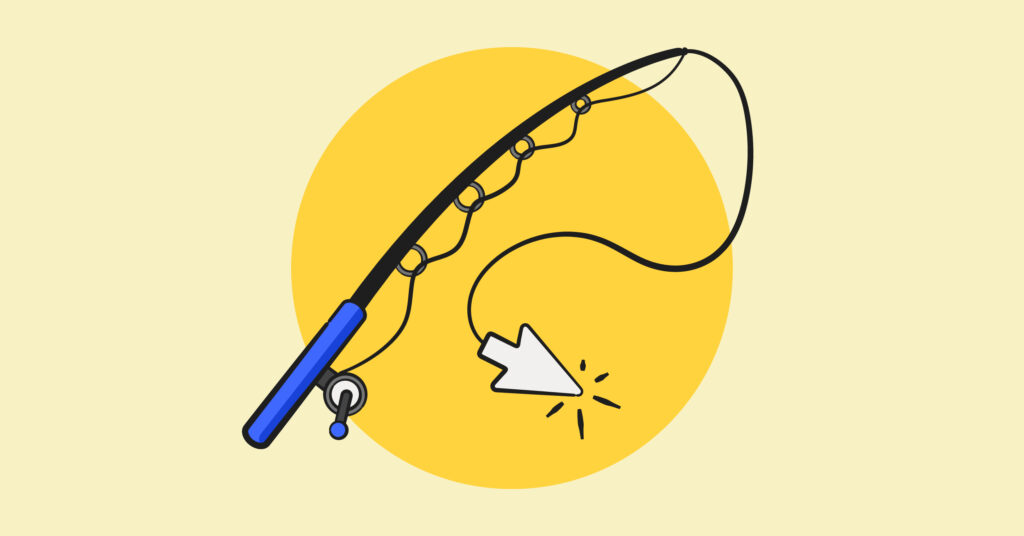Disinformation is prominent online.

Disinformation comes in many forms: Conspiracy theories, deepfakes, hoaxes, and fake news. The unfortunate reality is that there is an ever-growing number of credulous individuals who believe in disinformation. Governments worldwide have concluded that disinformation is harmful to democracy. If the public believes disinformation, their trust in democratic institutions will be undermined.
As a result, many are trying to combat disinformation. However, combatting disinformation is a monumental task. People who seek to disinform others are experts at “framing” information to appear rational and plausible. Additionally, the very nature of our online technologies reinforces the likelihood of disinformation being disseminated because disinformation travels faster online than true information. Online communication technologies such as Twitter and email have functions that allow the sender to feel “distanced” from their message. This results in lessened accountability for said sender. With this Media Literacy Exercise, I seek to inform individuals about the issue of disinformation by recounting my experiences with online disinformation and by providing a potential solution.
Online disinformation is any information that is spread intentionally with the purpose to mislead. Such information is spread with the intent to further political, military, and industrial goals. Disinformation is built by implementing online manipulation tactics such as lies, truths, half-truths, and value judgments.
This amplifies the controversies surrounding cultural and identity issues. Disinformation has existed since the beginning of civilizations. However, the advent of technology has brought the development and distribution of disinformation to an alarming high. It is not only certain individuals that can spread disinformation. Anyone with access to an electronic device and an internet connection can spread disinformation.
The unfortunate reality is that disinformation travels faster online than true information. Vox Science and Health editor Brian Resnick explains this phenomenon. He discusses a study that discovered true information takes about six times as long as disinformation. Disinformation is often more emotionally charged than true information. This makes it more “clickbaity”.

The human psyche is geared to be intrigued by novel and emotional news. It finds such information irresistible. The pervasion of fake celebrity deaths on Twitter demonstrates this. Miriam Metzger a communications researcher saliently said, “Fake news is perfect for spreadability.: It’s going to be shocking, it’s going to be surprising, and it’s going to be playing on people’s emotion, and that’s a recipe for how to spread misinformation.”
The solution to the rise of disinformation on the internet is nebulous at best. Some have suggested more stringent crackdowns on conspiracy theory groups while some advocate for outright censorship of those with differing views. I would like to make the argument that the solution to disinformation is a laissez-faire approach. The truth has always been subjective. Therefore, it is never right for one group to make a declaration that the beliefs of another group are wrong. Often one group may be misinformed, but everyone is entitled to their own beliefs.
That is the beauty of the Canadian Charter of Rights and Freedoms and the American Constitution, both of which defend a citizen’s right to “freedom of belief.” Eliminating disinformation is undemocratic and brings us closer to a potentially socialistic state. The solution lies in more online freedom. More online freedom leads to more online discourse and debate. Both are imperative in determining the truth.

Great philosophers and statesmen have often resolved contentious issues by coming together civilly to discuss and argue their differences. They never shut down those with differing opinions. It is only by allowing more online freedom that disinformation can be solved peacefully and democratically.


